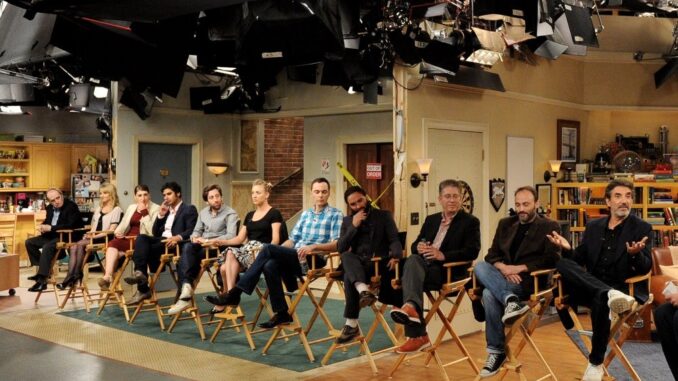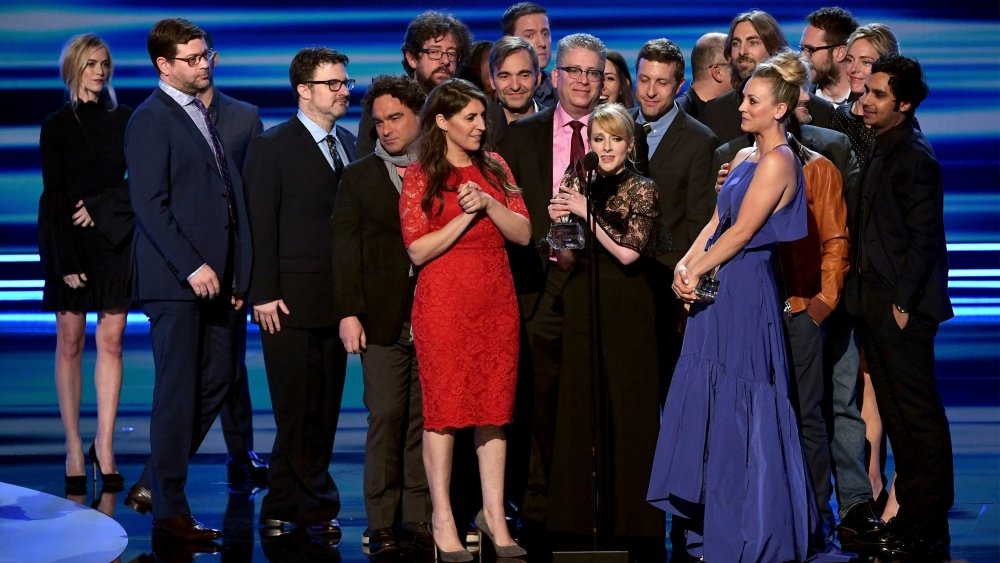
The Big Bang Theory has become one of the most popular comedies in CBS television history, making this show special for many. One of its most evident displays of love took place on May 16, 2019, when the final bittersweet episode aired, drawing a total of 23.44 million viewers.
Although the lead actors of Sheldon Cooper (Jim Parsons) and his wife, Amy Farrah Fowler (Mayim Bialik), finally earned their coveted Nobel Prize for their work on The Big Bang Theory, the channel was never the same without airing its episodes. However, thanks to reruns and streaming platforms, viewers can continue to tune in to the best moments of the show.
Sheldon, Amy, Leonard Hofstadter (Johnny Galecki), Penny (Kaley Cuoco), Howard Wolowitz (Simon Helberg), Raj Koothrappali (Kunal Nayyar), and Bernadette Rostenkowski (Melissa Rauch) earned a place in the hearts of CBS fans, and these moments are remembered from the countless takeout dinners on the couch to the sweet moments of friendship.
Despite the immense popularity of The Big Bang Theory, producer and creator Chuck Lorre once thought the project would fail. Apparently, it was all due to the show’s time slot. It was in September 2007 when this comedy first premiered, and since then, it aired on Monday nights at 8:30 p.m. between How I Met Your Mother and Two and a Half Men.

The Time Slot of The Big Bang Theory Could Have Been a Problem for Chuck Lorre
Just a few episodes after the premiere, the Writers Guild of America strike occurred, forcing production to halt. In February 2008, the strike ended, and The Big Bang Theory began airing at 8 p.m., which is why Chuck Lorre feared the show would be affected by its time slot change.
Chuck Lorre was worried that viewership would drop and that production would ultimately be forced to cancel the series. Later, in 2009, at San Diego Comic-Con, Lorre revealed this fear that had been tormenting him for years. Here were his words:
“You followed us when they put us at 8, and that’s what kept us alive… We did eight shows before the strike took us out in our first season. When the strike ended, CBS put us at 8:00, and we thought it might be the end. You followed us and kept us alive, and that’s when we got the two-year pickup when we did well at 8.”